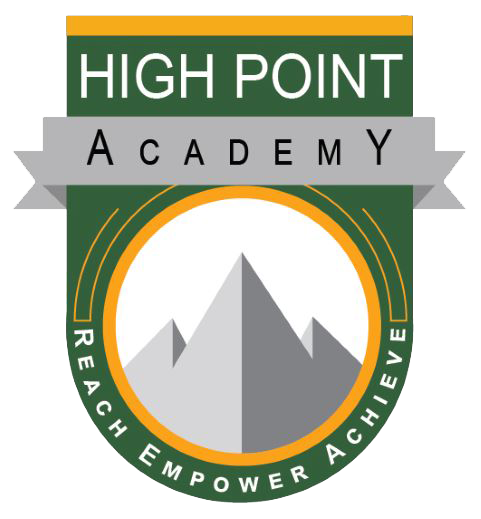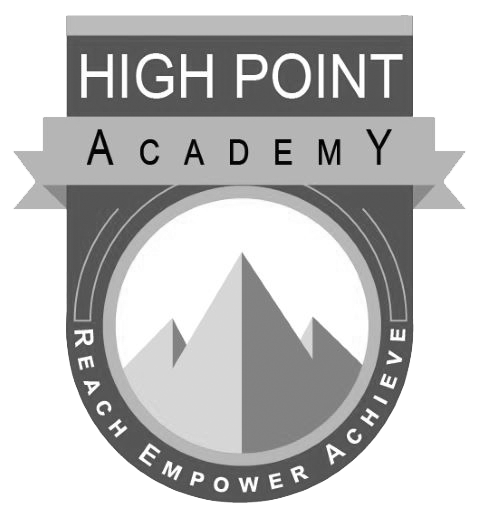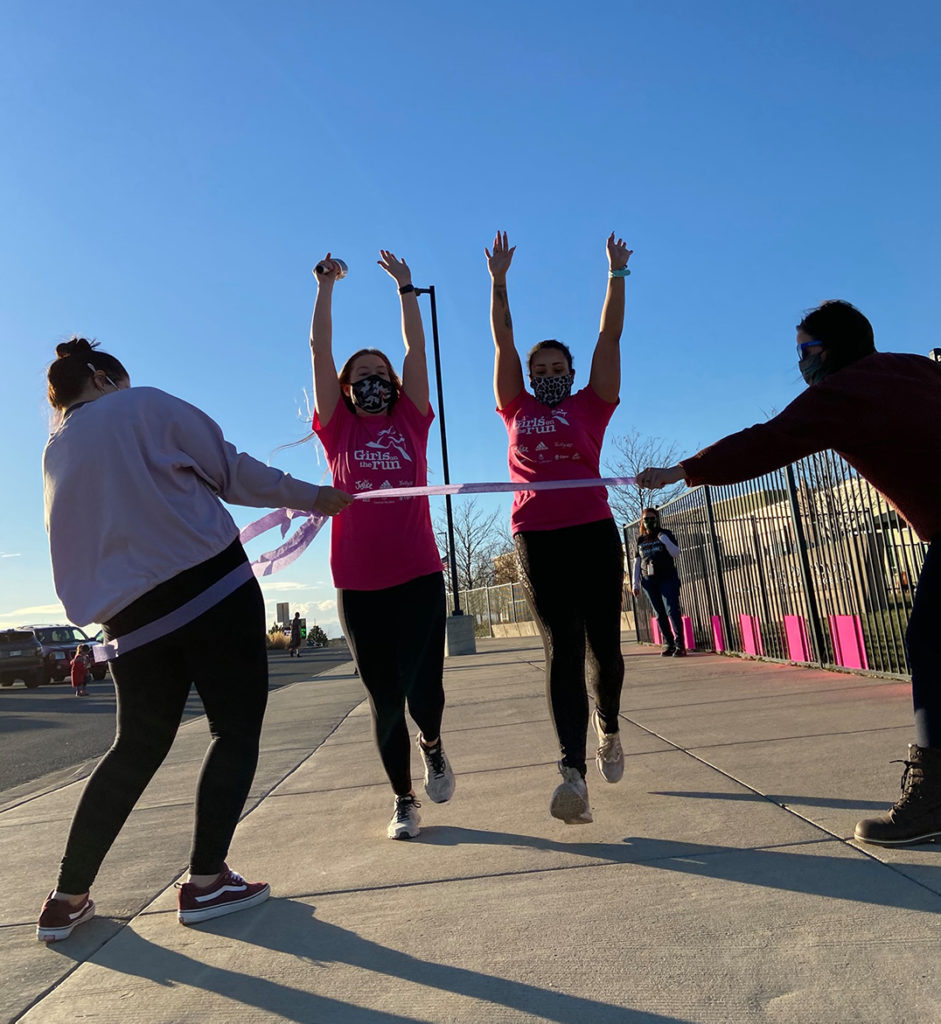Restorative Approach
One of the most important lessons for any student to learn in school is how to build relationships, learn from their mistakes, repair harm, and take accountability for their actions.
-
Restorative discipline and its practices focus on building, maintaining and when necessary repairing relationships among all members of a school community.
- Restorative discipline does not seek to deny consequences for misbehavior. Instead, it focuses on, helping students understand the real harm done by their misbehaver, to take responsibility for the behavior, and to commit to positive change. In doing so it creates empathy, trust, accountability, responsibility, resiliency and community building.
Why Restorative Practice?
- Short term benefits…stop a child’s inappropriate behavior and teaches what is appropriate.
- Long term benefits…aims to help students take responsibility for their own behavior.
- Restorative discipline adds to the current discipline model, which attempts to prevent or stop misbehavior and teaches more life giving responses.
What Does the Research Say about Restorative Practice?
- Students become more willing to take responsibility for their misbehavior.
- Students develop higher self-esteem
- Students show an increase in pro-social values
We value our teachers working closely with the parents in all areas of behavior and discipline and that all communications are open and honest.


